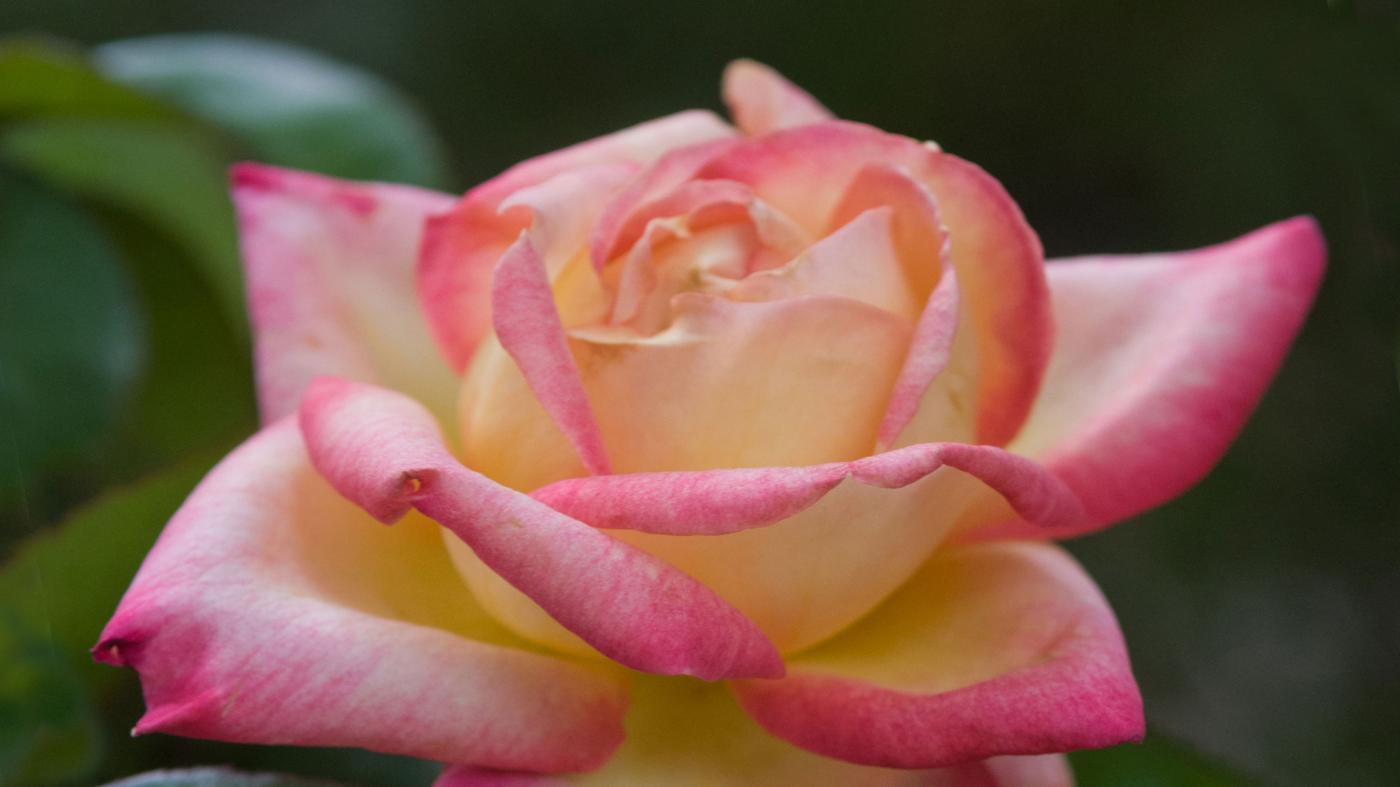
42.14294815, -87.78515625
42.14464569, -87.78771973
42.14469528, -87.78764343
42.14469528, -87.7876358
42.14474869, -87.78891754
42.14477539, -87.78909302
42.14479065, -87.78909302
42.14480209, -87.78907776
42.14486694, -87.78894043
42.14486694, -87.7889328
42.14487457, -87.78913879
42.14488983, -87.78910828
42.14496231, -87.78912354
42.14496613, -87.78769684
42.14500427, -87.78790283
42.1450386, -87.78768921
42.14509583, -87.7877655
42.14607239, -87.79056549
42.14613342, -87.79098511
42.14622498, -87.79080963
42.1462326, -87.79075623
42.14777374, -87.79161835
42.14829636, -87.78975677
42.14836121, -87.78981018
42.14874649, -87.78775024
Fireworks Rough Goldenrod
Fireworks rough goldenrod (Solidago rugosa 'Fireworks') produces fountains of bright yellow flowers resembling starbursts on a plant shorter in stature than the species. This plant prefers full sun and moist soil, and when provided with these conditions, it is insect- and disease-resistant. Bees and migrating butterflies swarm the flowers to obtain the nutrient-rich nectar, while a number of small birds enjoy feasting upon the seeds. Goldenrod is deer resistant and is not responsible for triggering allergies.
Soil:
Moderate
Plant Shape:
Upright
Exposure:
Full Sun
Bloom Time:
July - August
September - October
Bloom Color:
Yellow
Landscape Use:
Bedding or Border
Specimen Plant
Groundcover
Wildlife Interest:
Attracts Birds
Attracts Butterflies
Resistant To Deer
Native to Midwest
Plant Type:
Perennial
Hardiness Zone:
4 - 8






